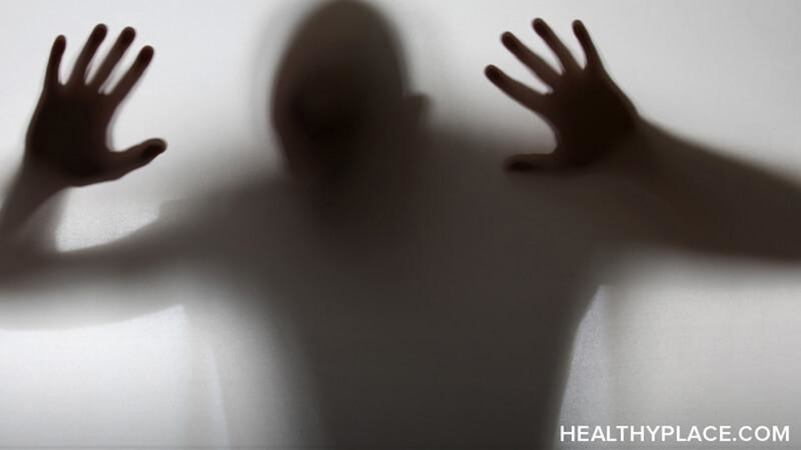Seeking Help for Suicidal Thoughts When Facing Stigma

Seeking help for suicidal thoughts isn't easy, even when you're a mental health advocate. In the spirit of Mental Health Awareness Month and being honest about mental health struggles, I’m going to share something that I’ve been silent about for three months: in February, I experienced strong suicidal thoughts. I wasn’t quite to the planning stages yet, but the negative thoughts in my head were loud and terrifying and I knew I was at that tipping point. It was the first time in probably seven years that I had been in that bad a state.
Yet, I didn’t tell a single soul. I didn’t use any helplines. I went against everything I advise other people to do when they’re in a crisis state and need help for suicidal thoughts.
Why People Don't Seek Help for Suicidal Thoughts
Despite how far I’ve come, the reasons "why" I didn't ask for help with suicidal thoughts is the same as it was all those years ago: various levels of external and internal mental health stigma. Usually, I’m pretty good with stigma and it rolls off me like nothing, but I’m not immune to it. Feeling as low as I was, the thoughts that I would be told to stop complaining, that I shouldn’t burden other people, and the utter feelings of worthlessness won out.
It always shocks me a little when I’m in those moments and realize just how much stigma can still weigh on me and silence me. In my moments of clarity, I tend to think to myself how I shouldn’t let it, but it’s easier said than done in many cases, especially when you need help with thoughts of suicide but are afraid to seek it.
I’m not good at asking for help anyway since I’ve grown up feeling that whenever I ask for help I’ll be mocked or treated as bothersome, so when it comes to struggling with mental health, I tend to withdraw. Because of that, I know what it’s like to ride those waves alone and simultaneously hope they do and don’t drown you.
What Should I Do When I Need Help for Suicidal Thoughts?
Here is my dose of do-as-I-say-not-as-I-do advice. This is what I should have done and, again, what I strongly recommend others to do. You’ve probably heard it a million times, but please take this advice seriously and seek help for suicidal thoughts.
Reaching out — whether to your support system, a helpline, or emergency services — can be tantamount to our survival (Reach Out to the Right People for Mental Health Help). I know there are many who feel like they have reached out only to get nothing but negative responses back, much like our mental struggles and stigma tell us we will, but please keep trying. Try different people, different places,or different avenues altogether. Yes, that can be exhausting when you barely have any energy to breathe, but it’s important to fight back against that stigma because there are people out there who won’t brush us and our struggles aside.
Stigma is loud, yes, but we can silence it.
It might seem strange for me to suggest this advice since I’ve just said I survived this round of suicidal thoughts without doing any of this. But I got lucky. It’s not that I’m stronger or used willpower, because those don’t mean anything when it comes to mental health struggles; I just got lucky with being able to step back from the brink. Please don’t take that chance yourself.
APA Reference
Barton, L.
(2018, May 15). Seeking Help for Suicidal Thoughts When Facing Stigma, HealthyPlace. Retrieved
on 2026, January 14 from https://www.healthyplace.com/blogs/survivingmentalhealthstigma/2018/5/suicide-stigma-when-suicidal
